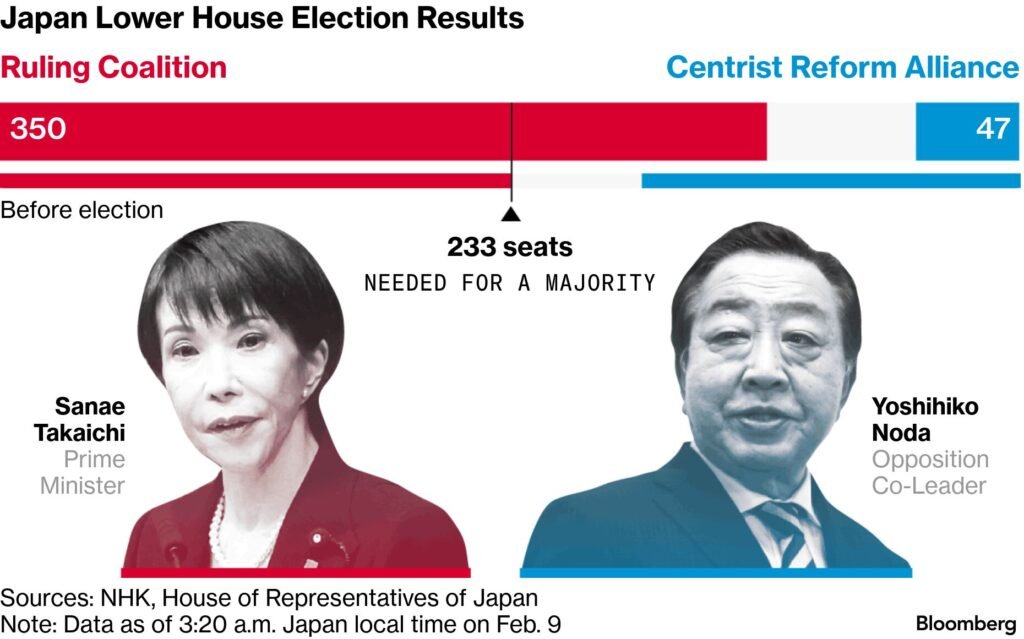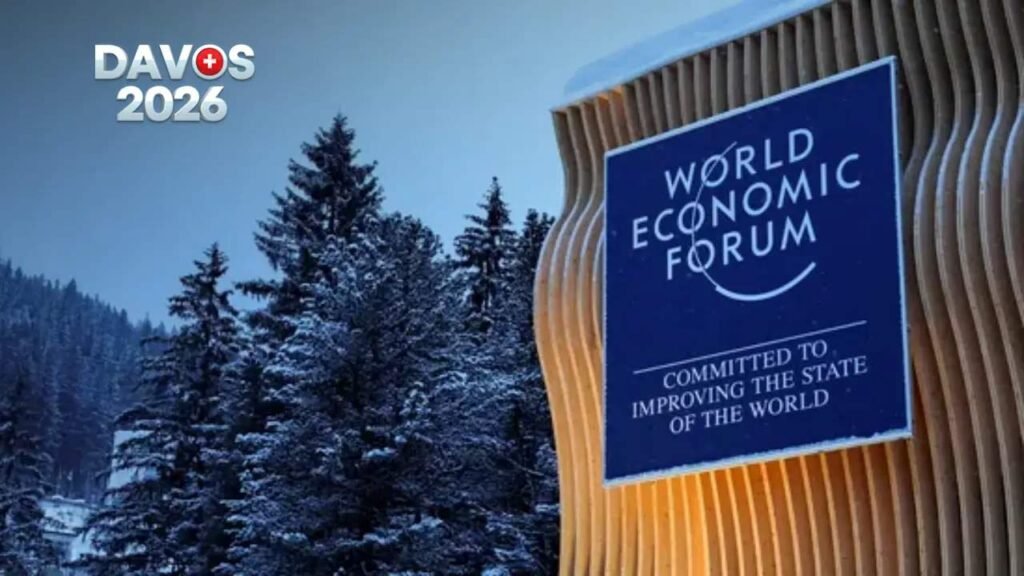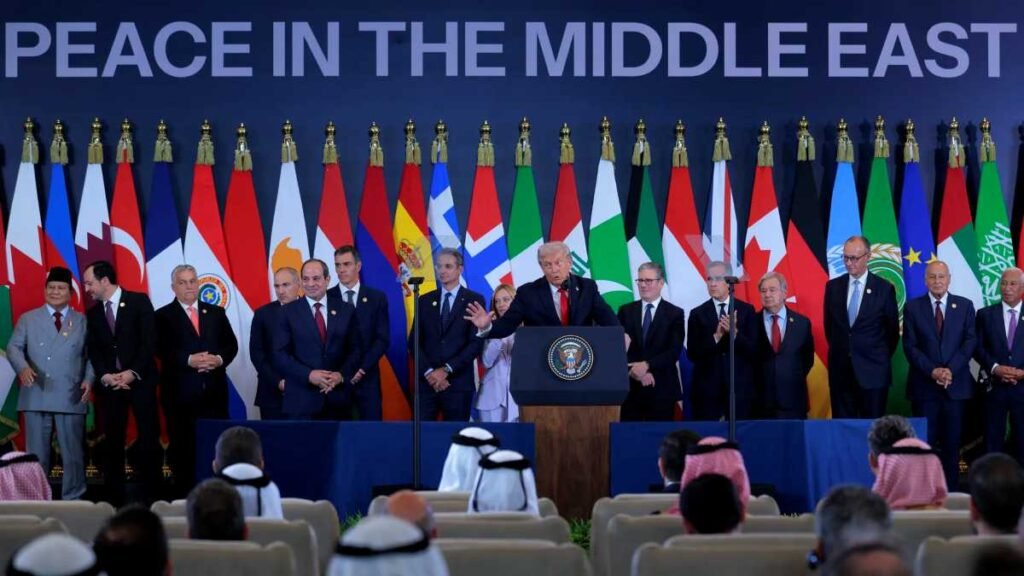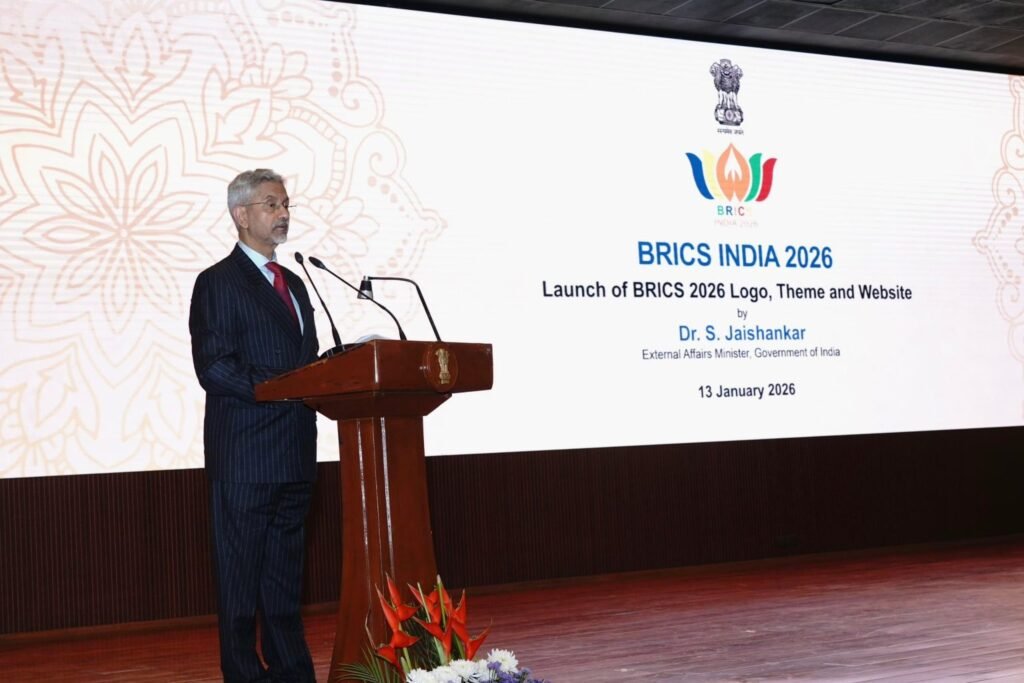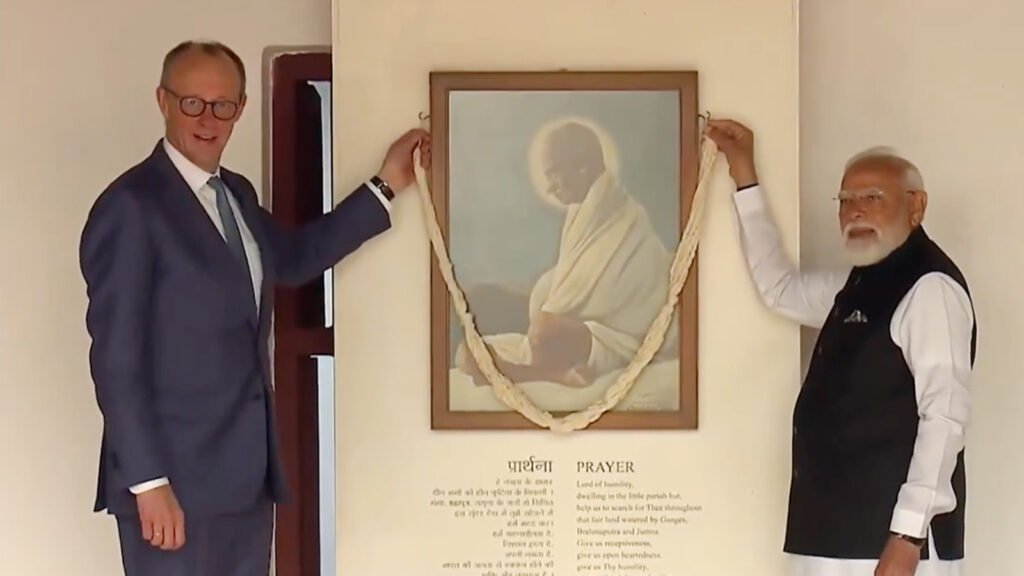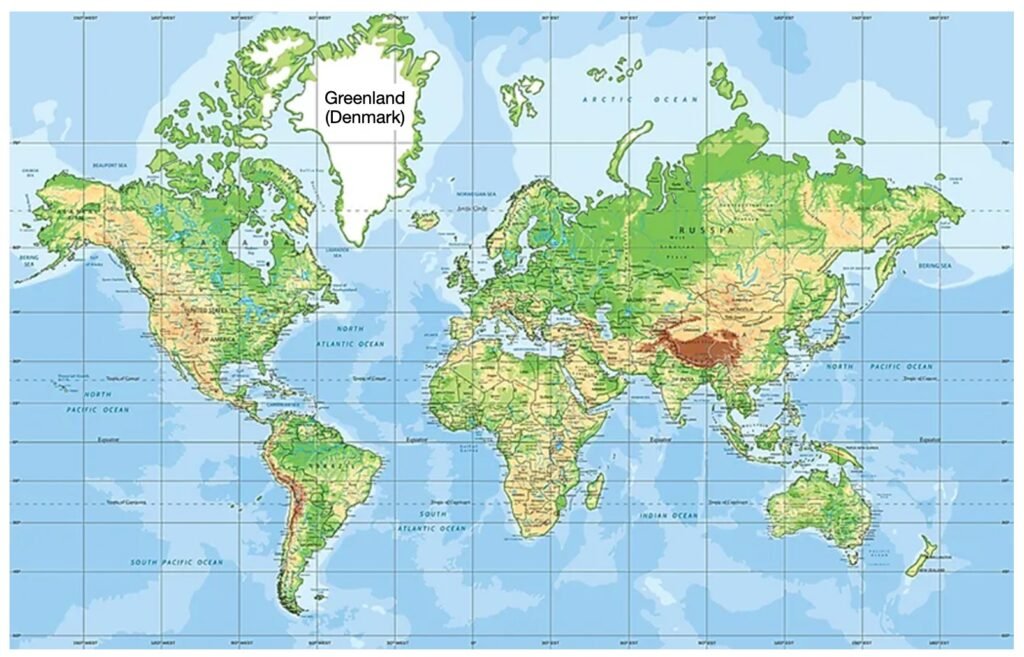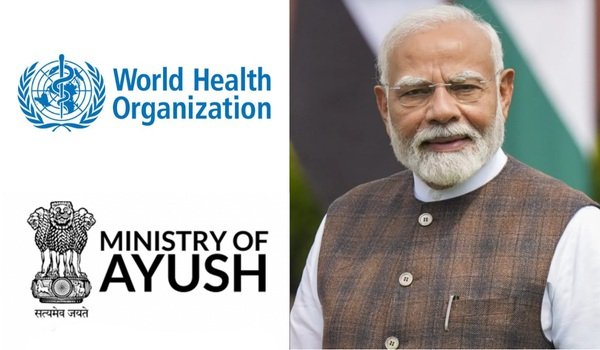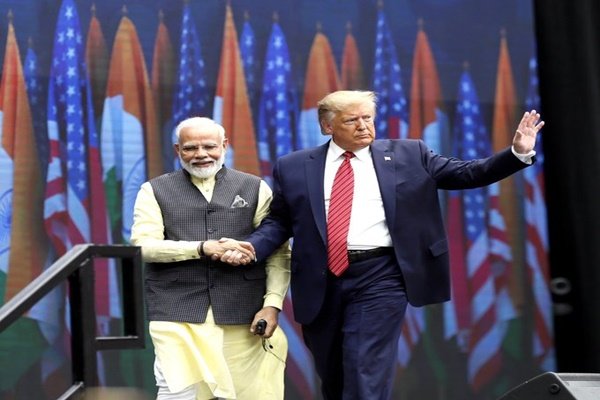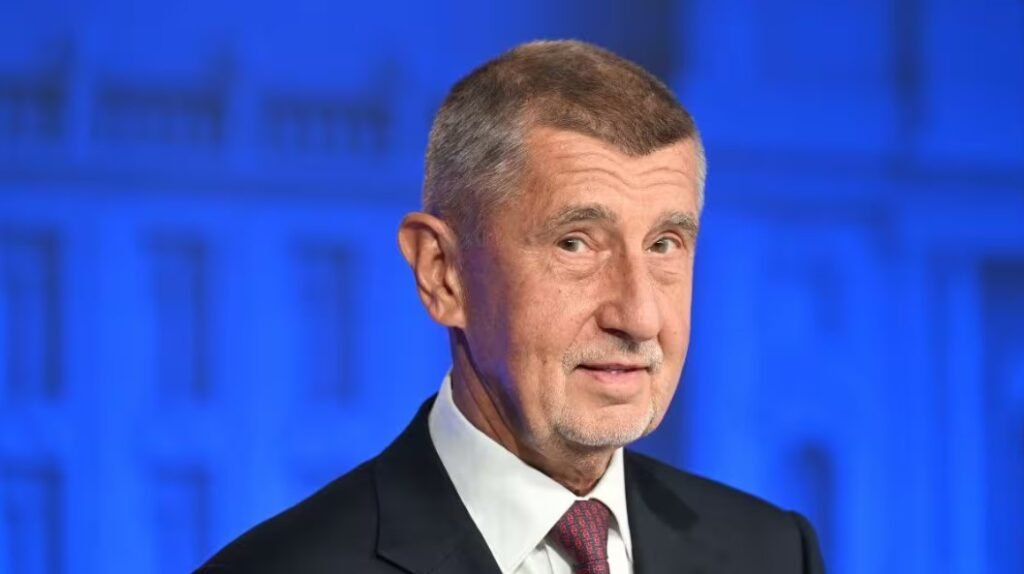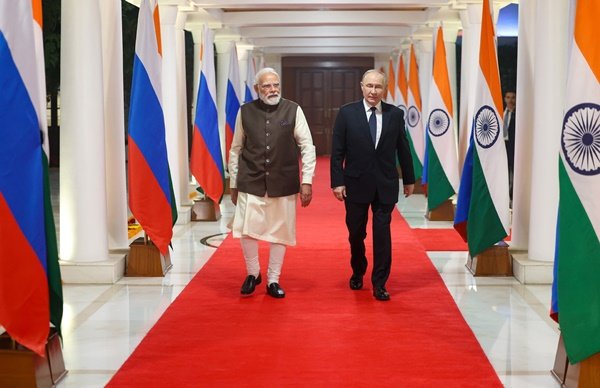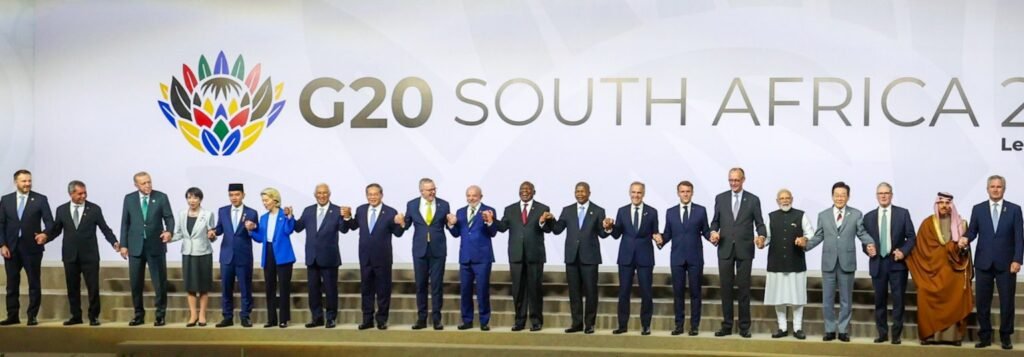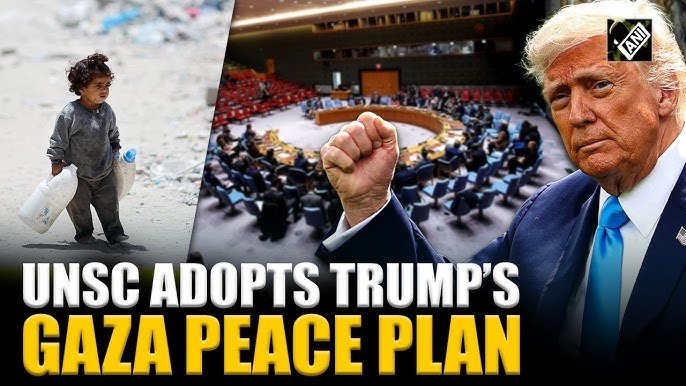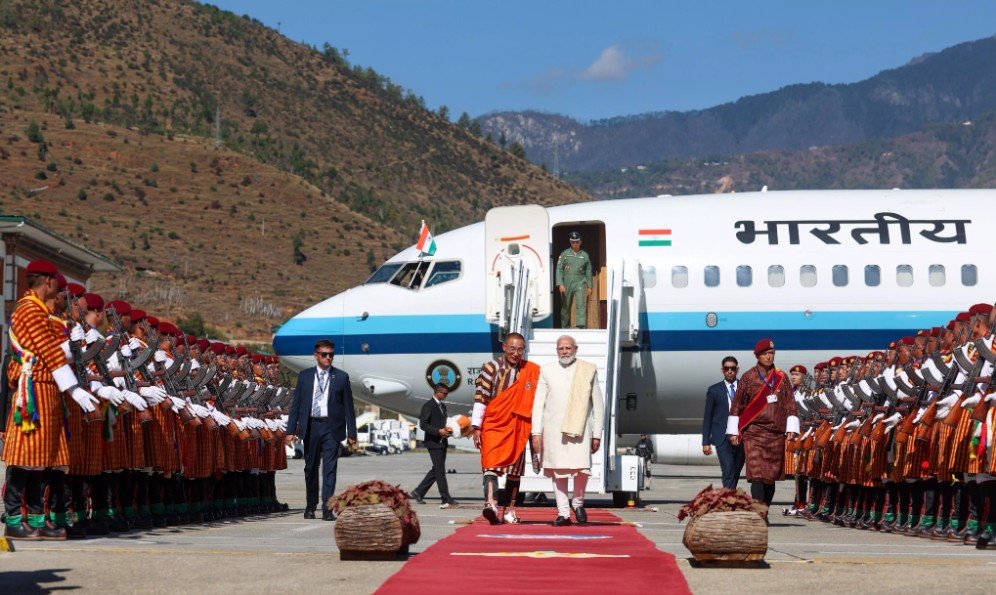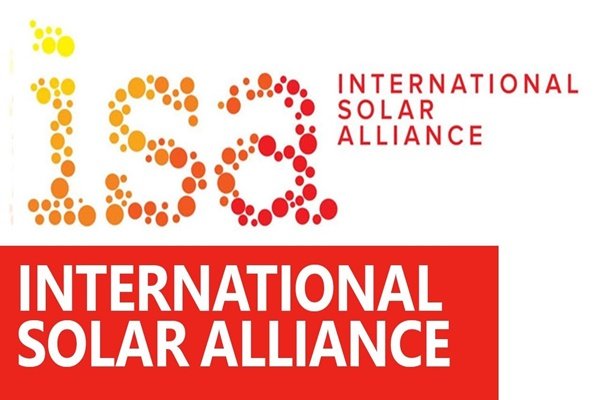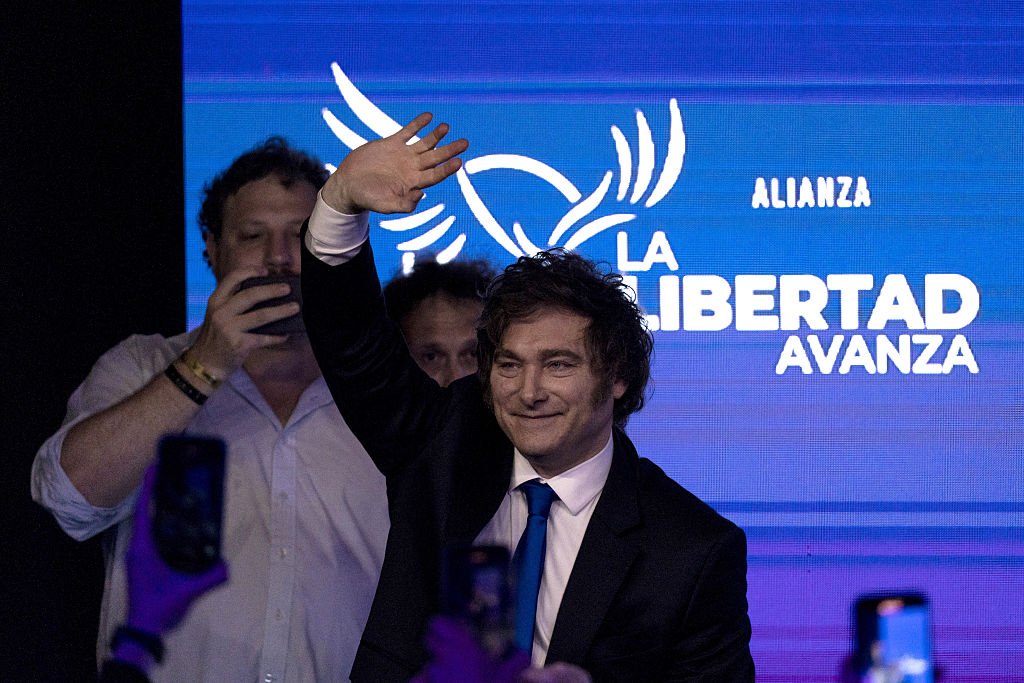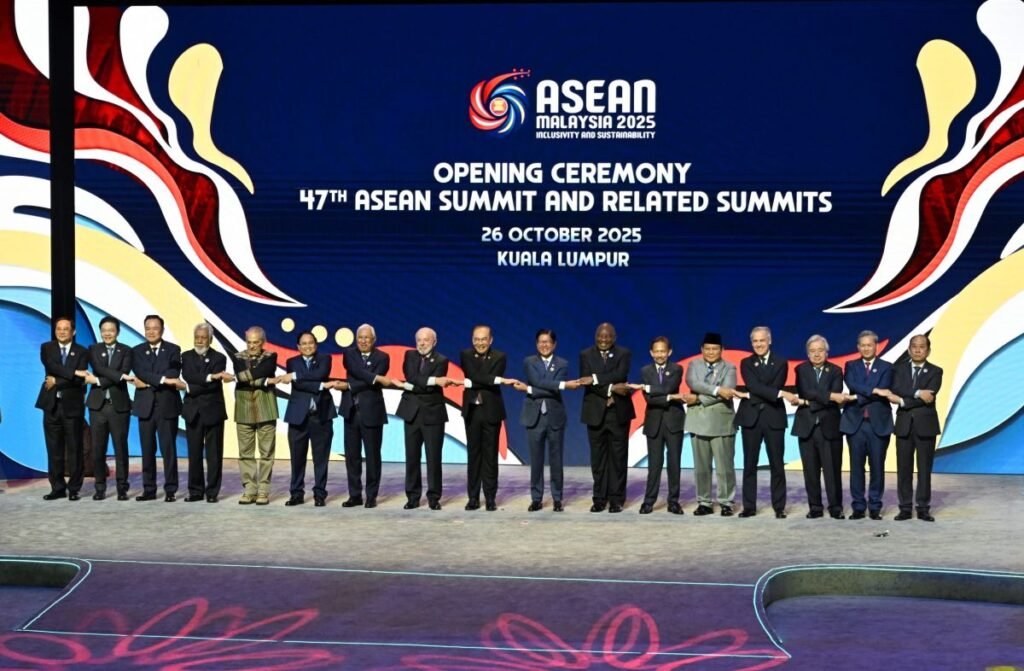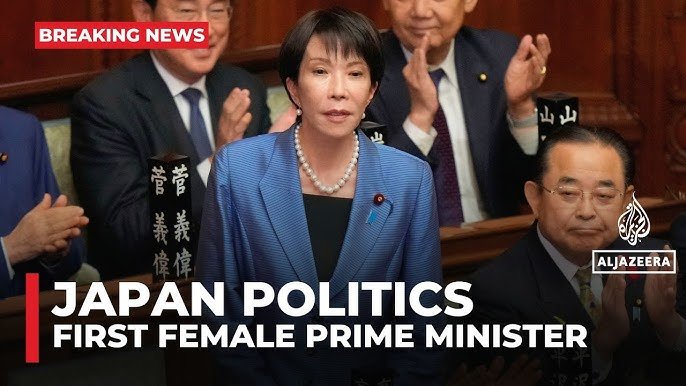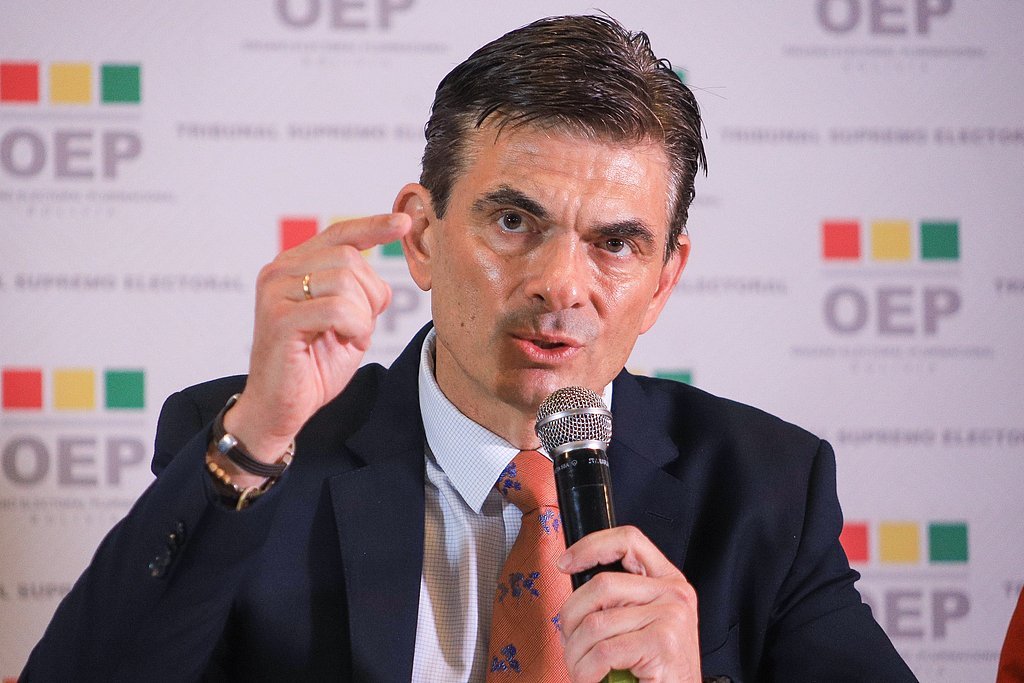Bangladesh Nationalist Party Secures Victory in 2026 General Election
The Bangladesh Nationalist Party (BNP), led by Tarique Rahman, has secured a decisive victory in the country’s 2026 general elections, marking a historic political shift after nearly two decades out of power.
Key Highlights
- Majority Secured: BNP won 200+ seats in the 300-member Jatiya Sangsad (parliament), giving it a clear majority to form the government independently.
- Leadership: Tarique Rahman, son of former Prime Minister Khaleda Zia, returned to Bangladesh in December 2025 after 17 years of self-exile in London. He is expected to be sworn in as Prime Minister.
- Historic Context: This was the first election since the 2024 student-led uprising that ousted Sheikh Hasina. The BNP’s victory represents a major realignment in Bangladeshi politics.
- Women’s Representation: Out of 78 women candidates, 7 won seats, with 6 belonging to BNP, highlighting the party’s growing inclusivity.
- International Reactions: Leaders from neighboring countries, including India’s Prime Minister Narendra Modi, congratulated Tarique Rahman, signaling regional interest in Bangladesh’s new political chapter.

